
@Netherlands Cancer Institute / ESMO precision medicine working group
Trying to have fun discovering stuff to help patients.
Opinions are my own.
Join our team at the NKI as a Postdoc, using Quantitative Membrane Proteomics to design novel cancer immunotherapies!
Best of two worlds from the Voest and Lindeboom Labs.
Cutting-edge proteomics, translational immunotherapy and world-class instrumentation? let’s connect! 🔬💡
Join our team at the NKI as a Postdoc, using Quantitative Membrane Proteomics to design novel cancer immunotherapies!
Best of two worlds from the Voest and Lindeboom Labs.
Cutting-edge proteomics, translational immunotherapy and world-class instrumentation? let’s connect! 🔬💡
Join our team at the NKI as a Postdoc, using Quantitative Membrane Proteomics to design novel cancer immunotherapies!
Best of two worlds from the Voest and Lindeboom Labs.
Cutting-edge proteomics, translational immunotherapy and world-class instrumentation? let’s connect! 🔬💡
The VHIO VIDA Postdoctoral Program is now open!
We’re a fully funded position for international postdocs to work on cutting-edge exciting projects, develop professionally, and pave the way toward independence.
👉 vhiovidaprogramme.eu
The VHIO VIDA Postdoctoral Program is now open!
We’re a fully funded position for international postdocs to work on cutting-edge exciting projects, develop professionally, and pave the way toward independence.
👉 vhiovidaprogramme.eu
1/ Stem cell regeneration is often viewed as an actively induced process, triggered by damage. But what if plasticity is actively suppressed by the stem cells themselves? We explored plasticity with 'new' cell type ablation tech in normal human colon organoids
tinyurl.com/3ky4ccxf
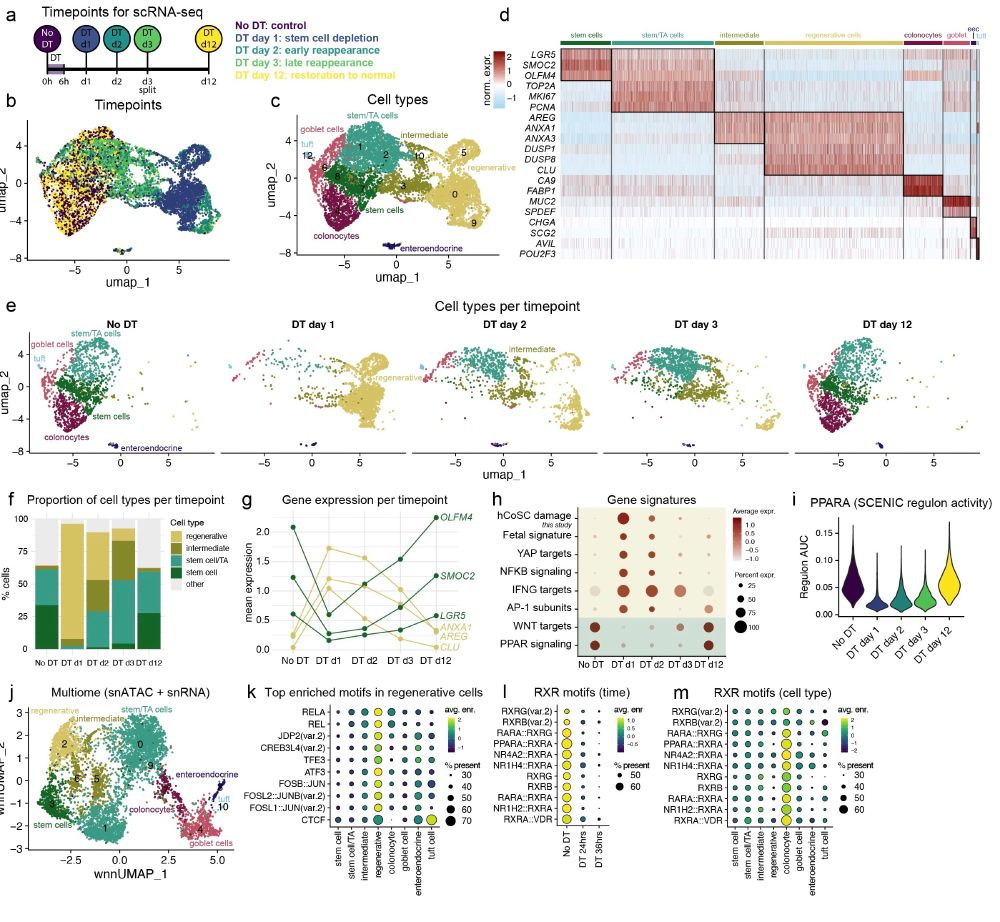
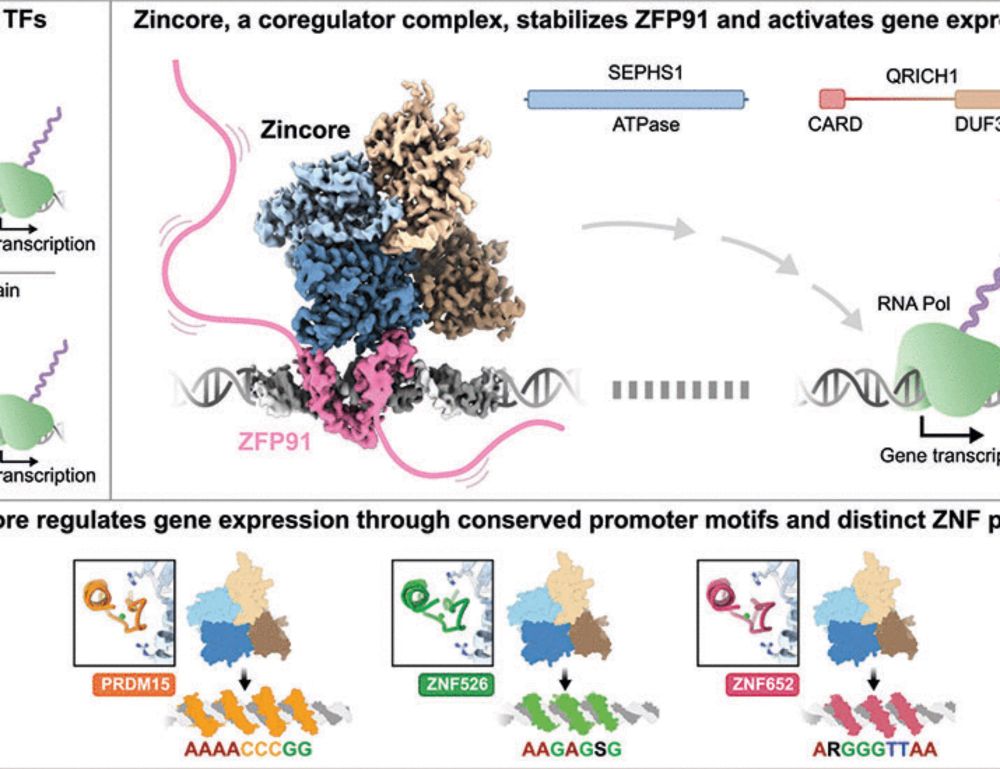
We show that a substantial proportion of a widely used TCR-pMHC database does not functionally validate, causing underestimation of performance of TCR-pMHC prediction models.
www.biorxiv.org/content/10.1...
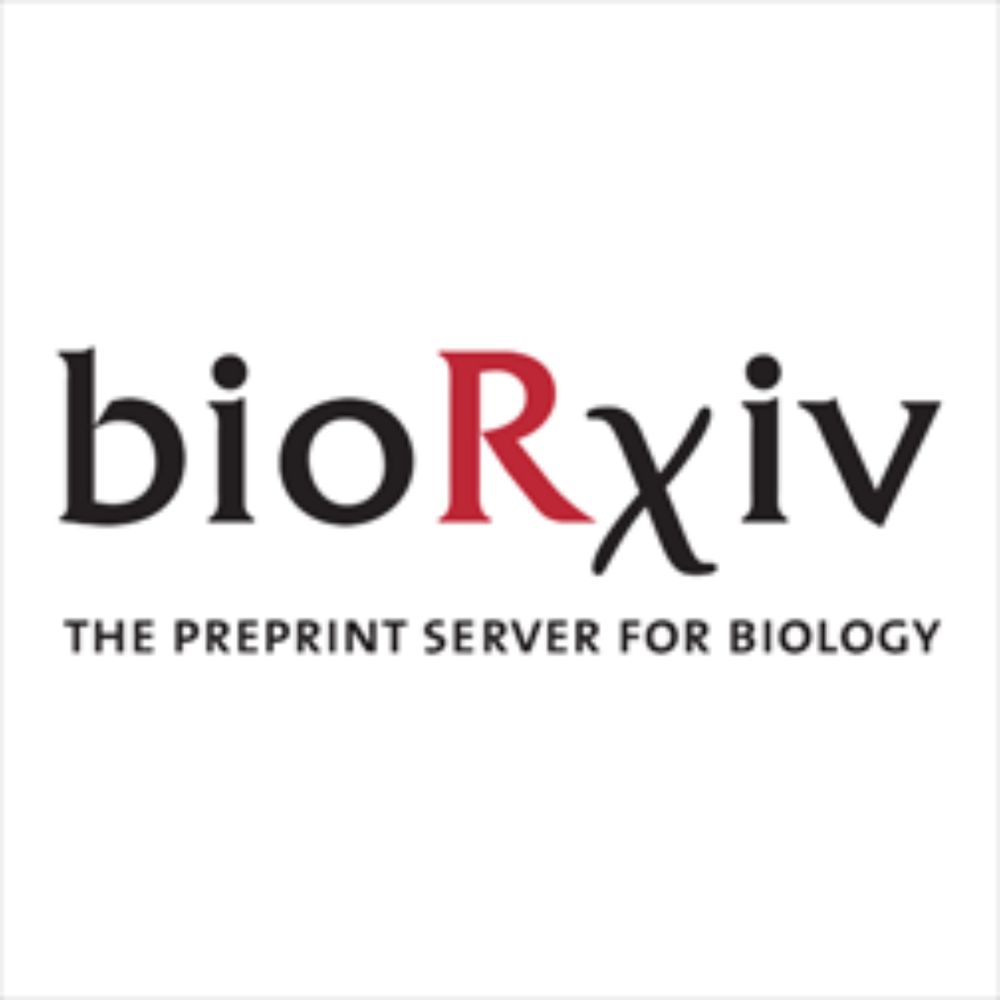

go.bsky.app/xg4Y26
Comment if you want to join the evolving list
rdcu.be/d8xLv (1/6)
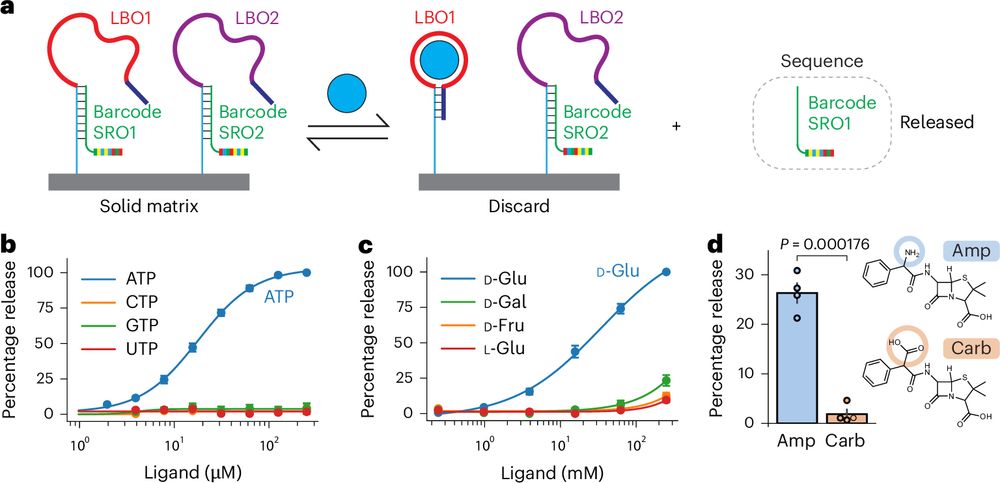
👉 arxiv.org/abs/2407.16551
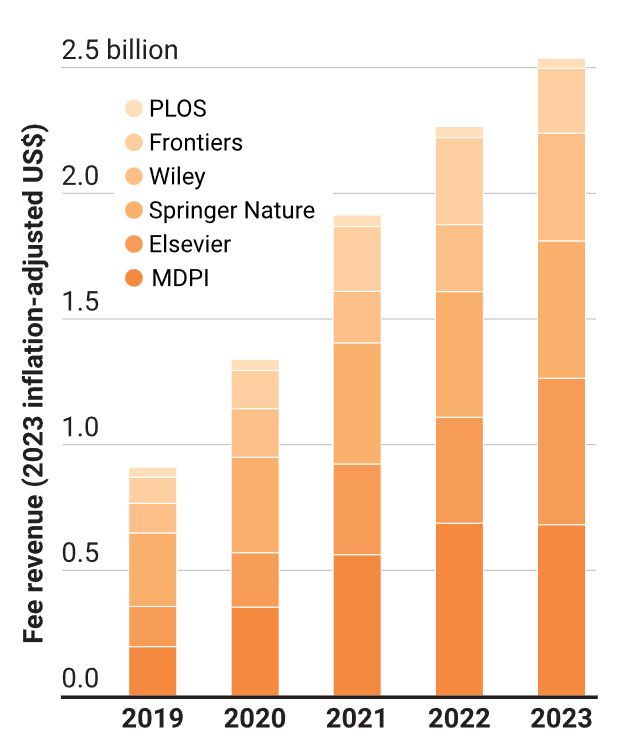
Another case where γδ T cells are the central effectors of anticancer immunity.
www.biorxiv.org/content/10.1...
@forum-gd.bsky.social

Another case where γδ T cells are the central effectors of anticancer immunity.
www.biorxiv.org/content/10.1...
@forum-gd.bsky.social
www.nature.com/articles/s41...
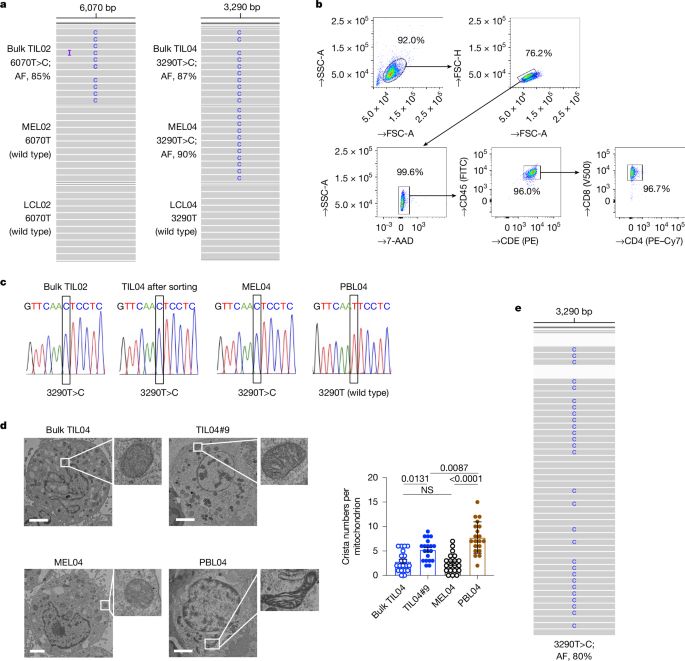
www.nature.com/articles/s41...
www.esmoopen.com/article/S205...
www.esmoopen.com/article/S205...
Genetic Analysis of a Sarcoma Accidentally Transplanted from a Patient to a Surgeon | New England Journal of Medicine www.nejm.org/doi/full/10....

Genetic Analysis of a Sarcoma Accidentally Transplanted from a Patient to a Surgeon | New England Journal of Medicine www.nejm.org/doi/full/10....





Nat biotech: platelets for targeted degrader delivery www.nature.com/articles/s41...
Science: T cells for targeted drug delivery
www.science.org/doi/10.1126/...
www.science.org/doi/10.1126/...
www.science.org/doi/10.1126/...

Nat biotech: platelets for targeted degrader delivery www.nature.com/articles/s41...
Science: T cells for targeted drug delivery
www.science.org/doi/10.1126/...
www.science.org/doi/10.1126/...
www.science.org/doi/10.1126/...
www.nature.com/articles/s41...

www.nature.com/articles/s41...




